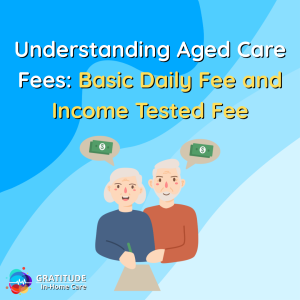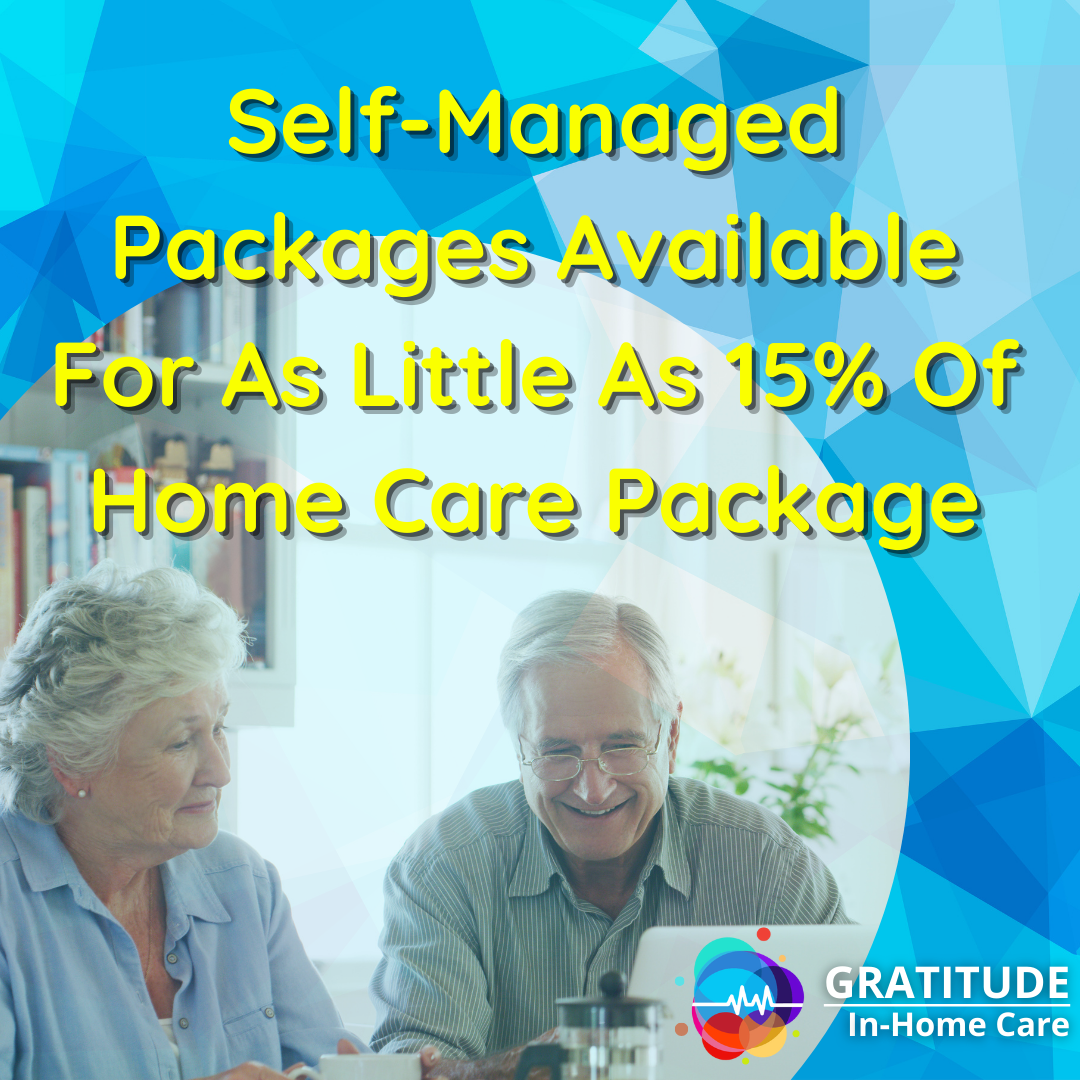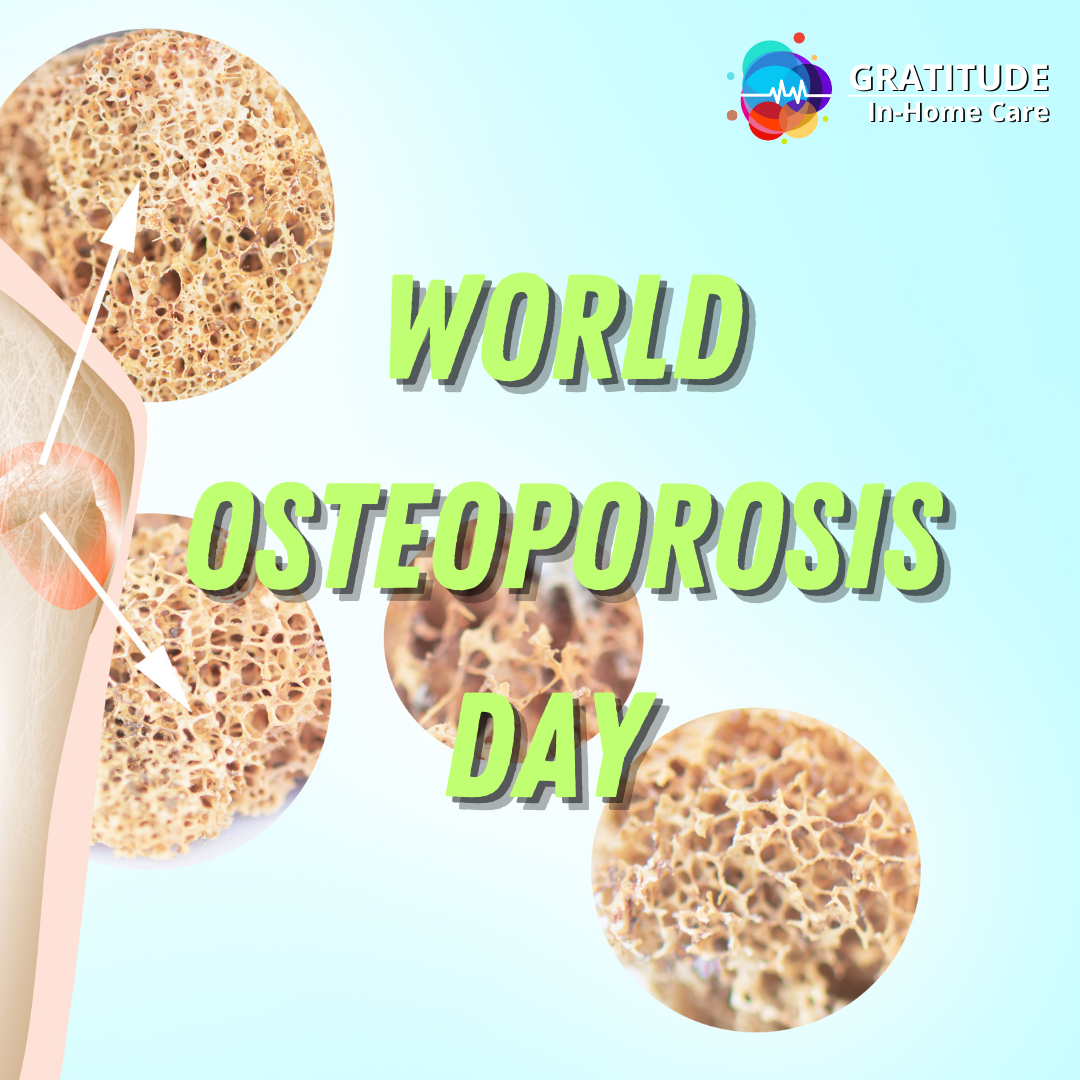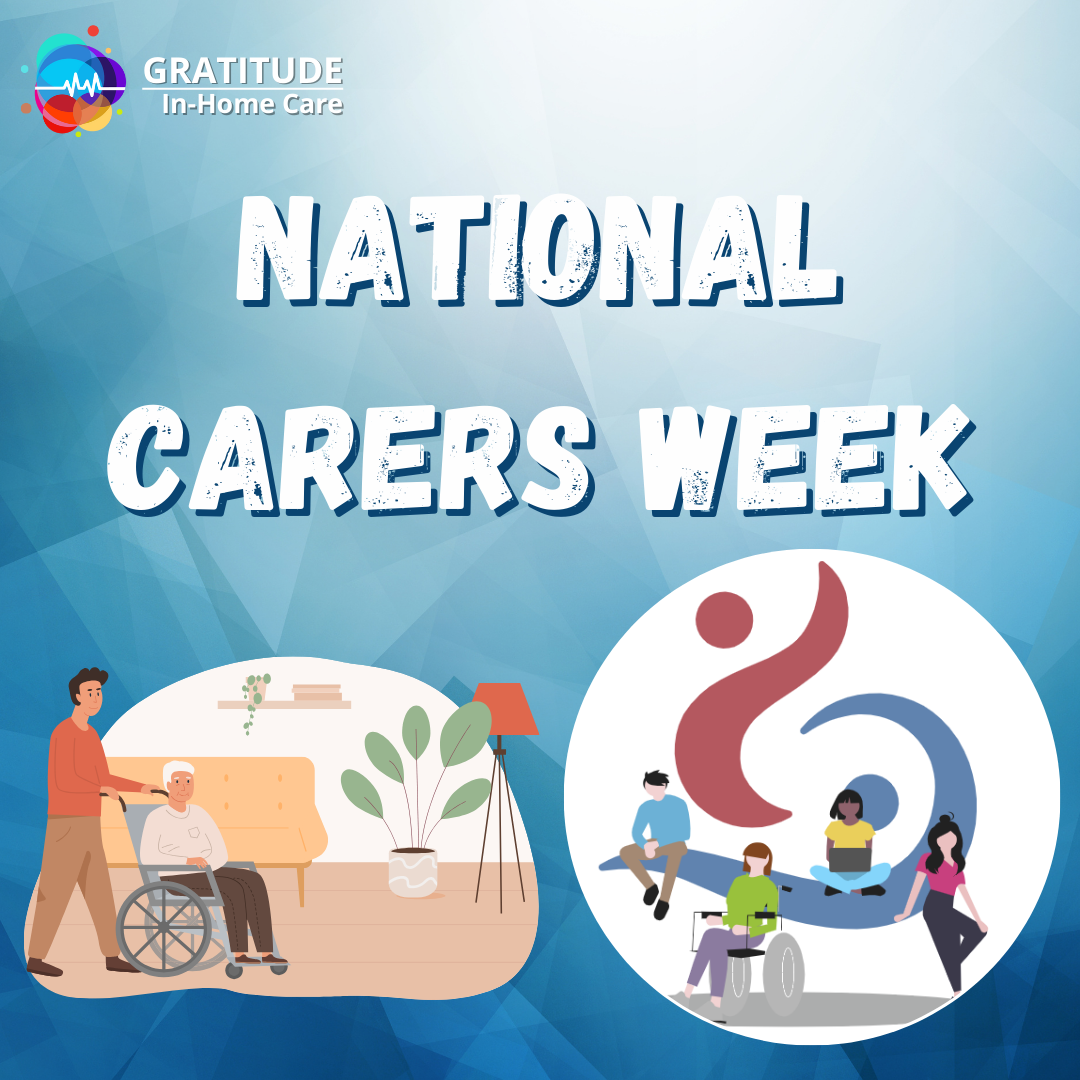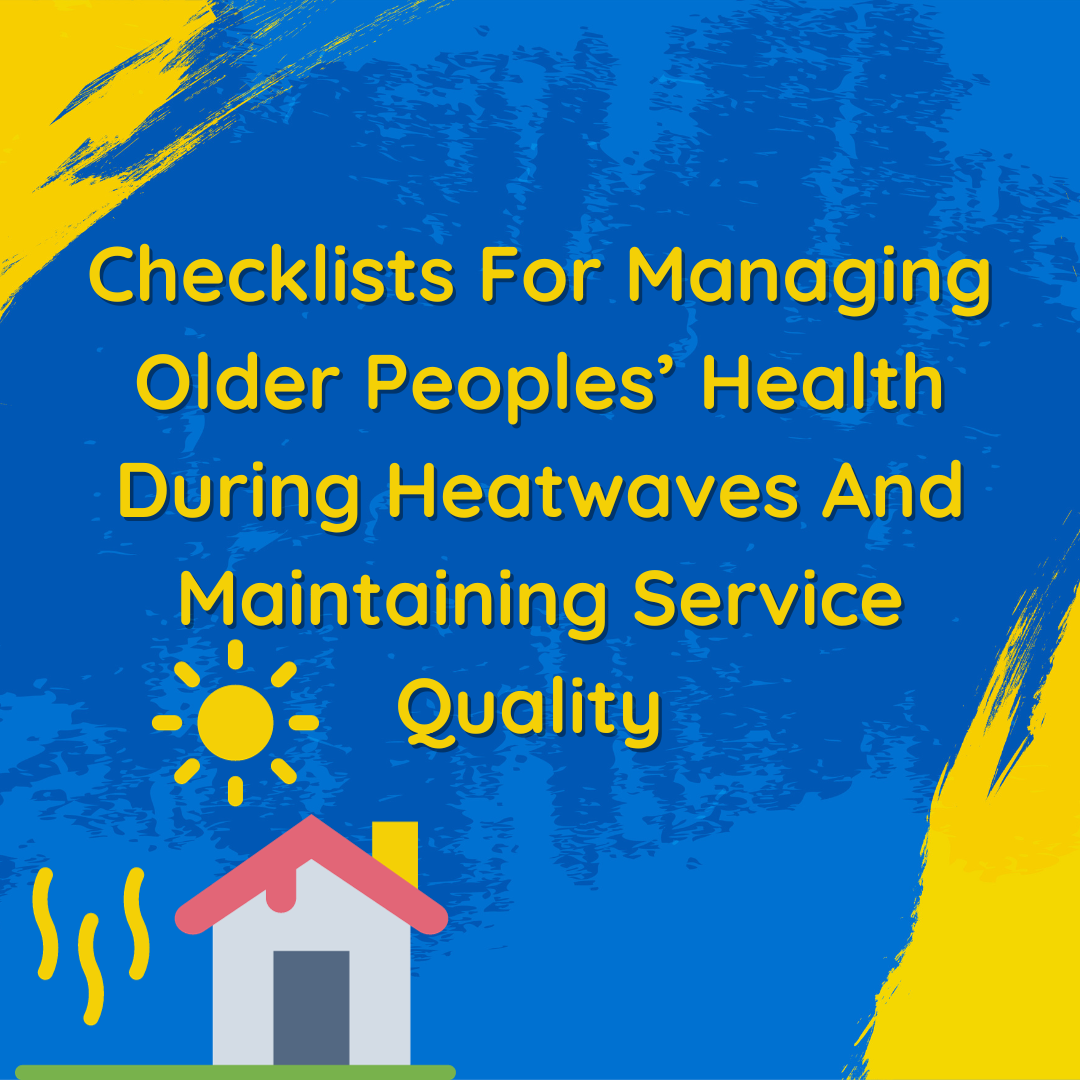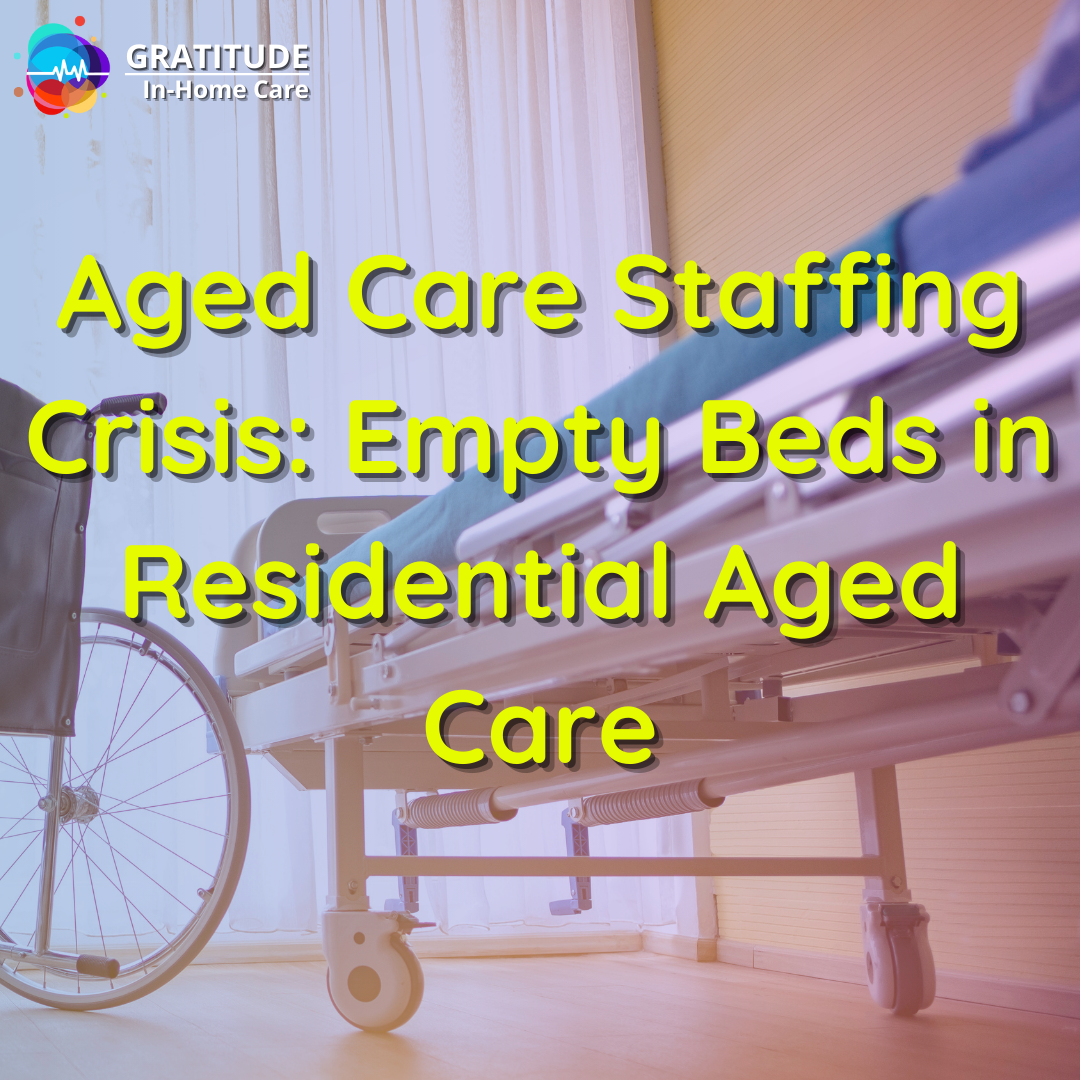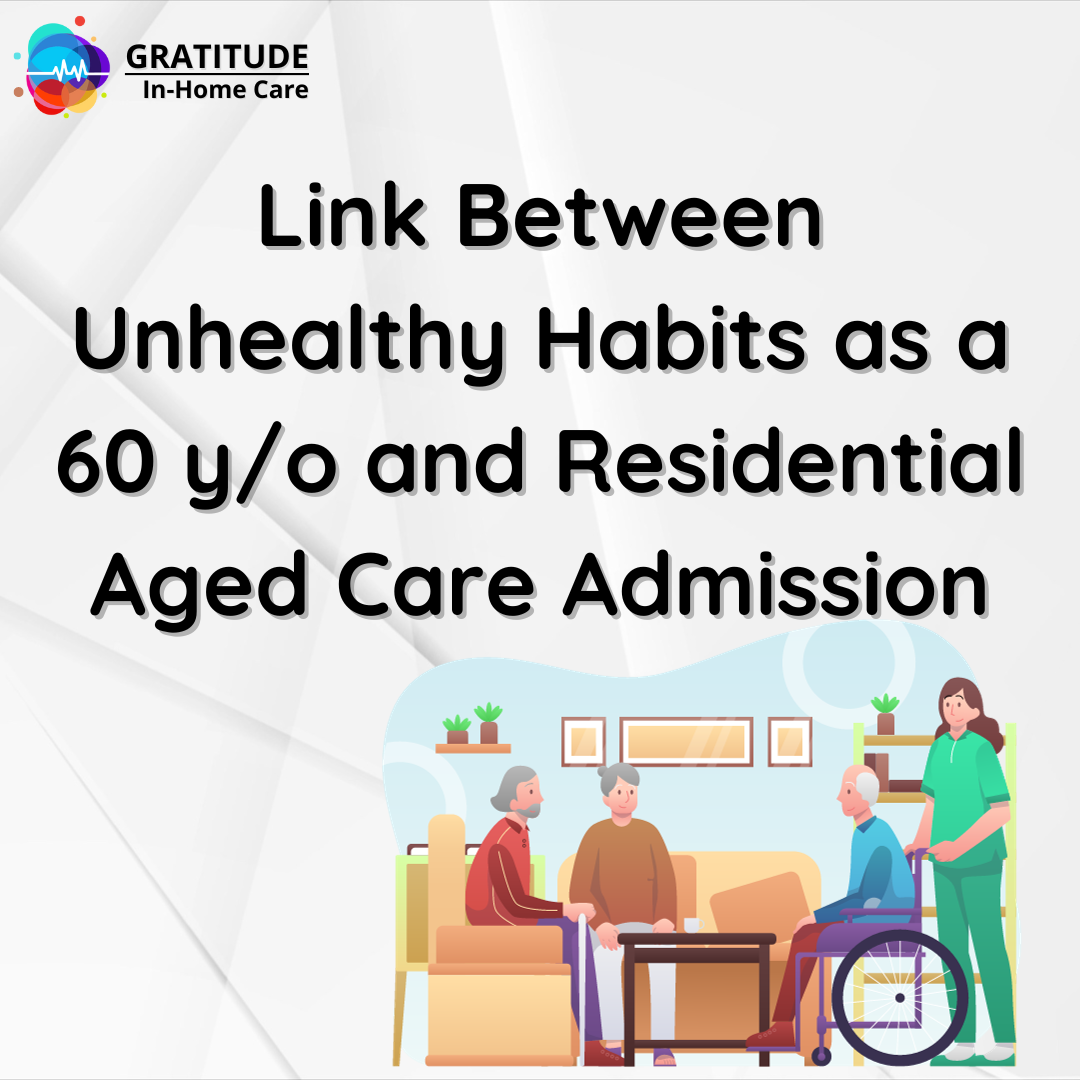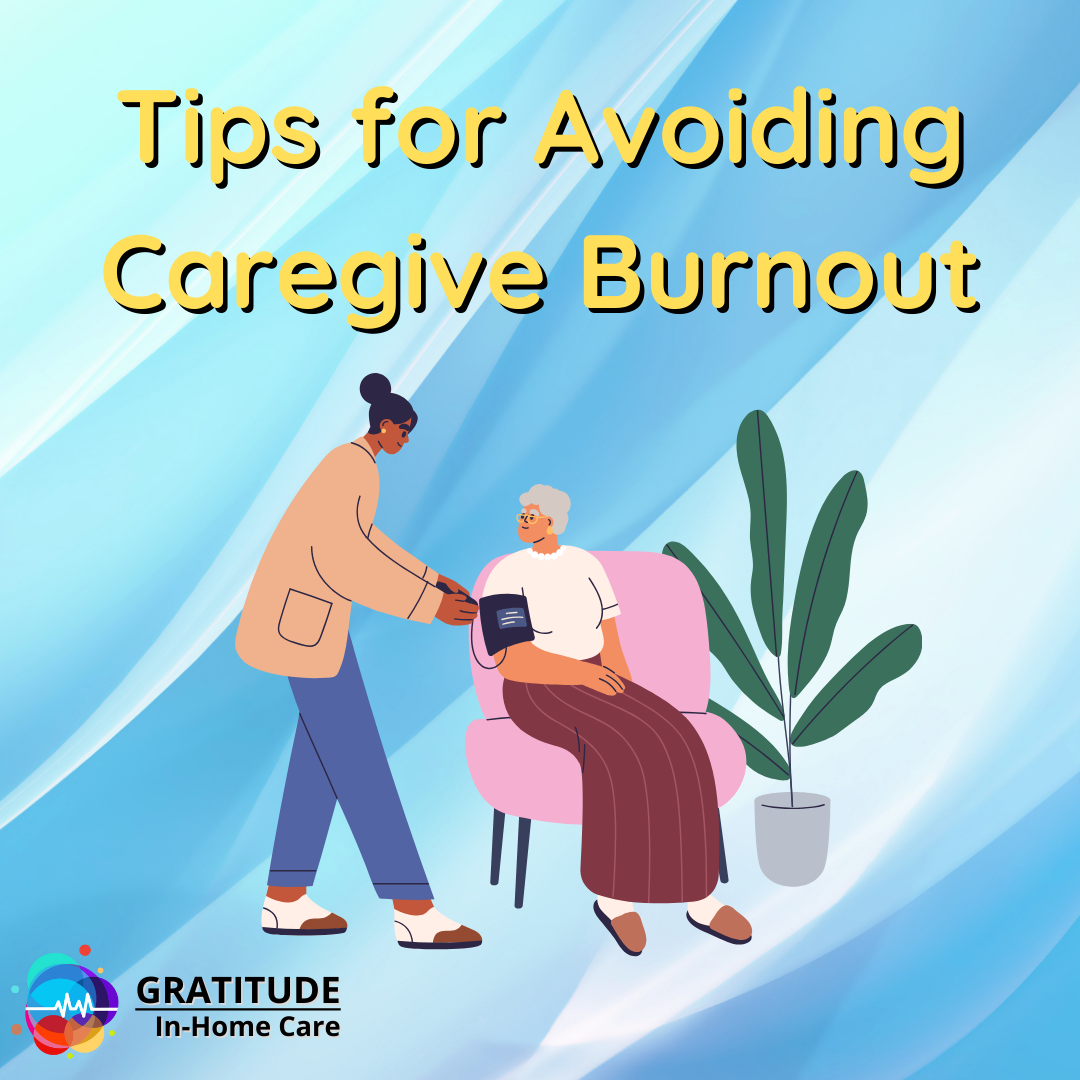Medicare is introducing a revamped system to encourage General Practitioners (GPs) to prioritise the bulk billing of vulnerable patients, signalling a financial boost for healthcare providers. These changes, set to take effect starting this Wednesday, involve a substantial increase in incentives for GPs who offer bulk billing services to pensioners, concession card holders, and children. This strategic move was previously unveiled in the federal budget, responding to a concerning decline in the rates of bulk billing.
Under the revised scheme, GPs practicing in urban areas will receive an additional $20.65 bonus per eligible patient, while their counterparts in regional areas will benefit from an almost $40 bonus. Health Minister Mark Butler emphasised that these augmentations are in direct response to calls from the medical community.
Mark Butler stated, “It’s a significant boost in confidence and funding for a sector that I believe is currently facing one of the most challenging periods in its 40-year history under Medicare. Many clinics have pledged to return to bulk billing, and those contemplating a change are now more likely to continue offering bulk billing to the more than 11 million Australians who rely on this service.”
The anticipated cost of these new incentives over the next five years is estimated at $3.5 billion. Health Minister Butler clarified that the bulk billing incentives are a part of a comprehensive $6 billion package aimed at fortifying the healthcare sector, including enhancements to the Medicare rebate.
The President of the Australian Medical Association, Steve Robson, acknowledged the significance of these incentives in providing substantial cost of living relief. He stressed that this substantial investment marks the starting point for bolstering the sustainability of general practice in Australia, emphasizing the need for continued collaboration with the government to develop new programs and initiatives that ensure affordable and accessible GP-led care for all patients.
Get in touch for any in-home aged care support inquiries or to book a free consultation!




Learn more about our home Care Services
More options,
More hours,
More bang for buck
Personalised Packages

Get more hours for your Home Care Package
Try our calculator for self-funded individuals!
We understand that it can be stressful trying to figure out how much money the care you need will cost. We’ve made it easy to figure out how much it will cost for even the most complicated of care plans.




